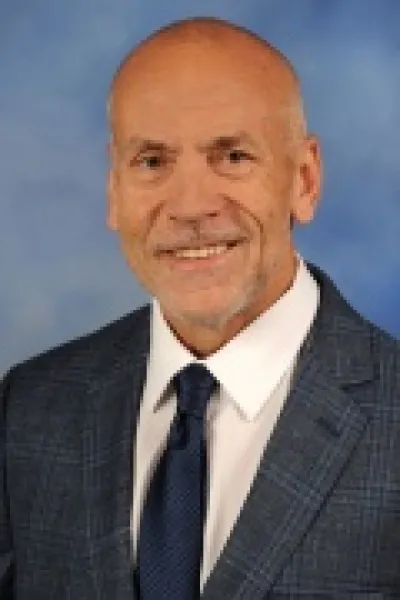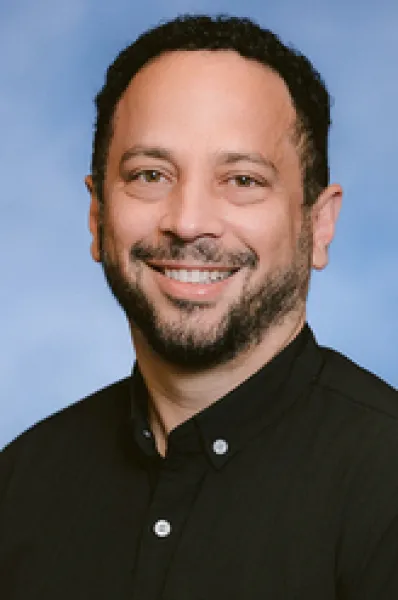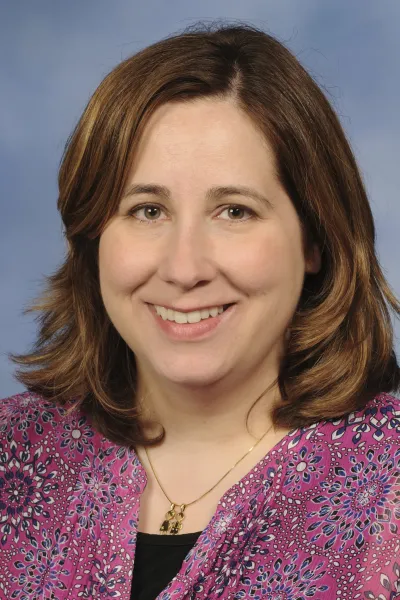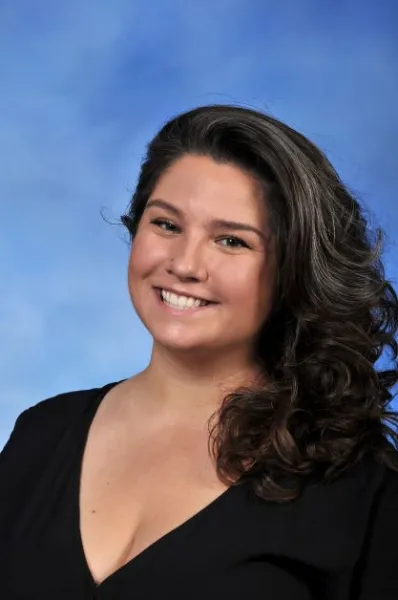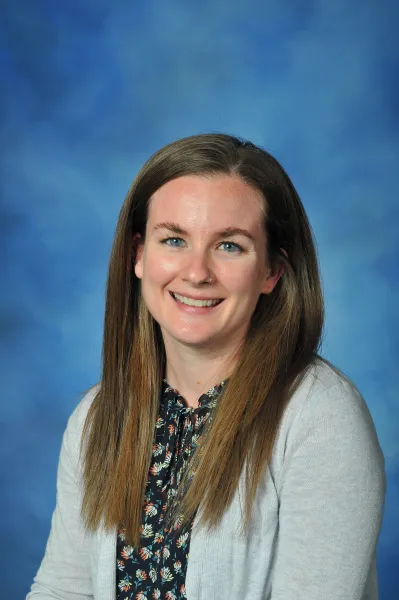Anesthesia Residency
The Anesthesia Section offers a post-DVM residency program in anesthesia that provides advanced clinical training and specialization in applied veterinary pharmacology, anesthesia, and perioperative pain management under the supervision of four ACVAA board-certified anesthesiologists. The standard program is a 3-year residency (with the option of enrolling in a graduate studies program) leading to a Certificate of Residency.
Additional Residency Resources learn more about our veterinary health system
Objectives
- Develop comprehensive, state of the art expertise and clinical proficiency in comparative anesthesia and pain management
- Satisfy the criteria necessary to qualify for board certification in anesthesia, and to prepare the resident for successful completion of the examinations leading to diplomate status in the American College of Veterinary Anesthesia and Analgesia
- Prepare for future career goals of teaching, clinical research, scientific publication or specialized practice
Prerequisites and Applications
- All potential residents must meet the minimum requirements and qualifications (see Residency Program Handbook)
- Applicants must be either U.S. citizens or permanent residents of the U.S. the Ohio State University cannot sponsor or process F, J, or H-1B visa applications for resident positions. We also cannot accept TN visas. Successful applicants must be available to report to The Ohio State University Department of Veterinary Clinical Sciences no later than the scheduled beginning of the program.
- Applicants must be graduates of an AVMA-recognized College or School of Veterinary Medicine or equivalent and have completed a one-year rotating internship or acceptable equivalent clinical experience.
- All requirements must be met to hold and maintain a limited license to practice Veterinary Medicine in the State of Ohio – click here for information on licensure requirements.
- For those residents who chose to enroll in an optional Master of Science degree program, current admission requirements include:
- a minimum 3.0 GPA for all undergraduate coursework
- a minimum 3.0 GPA for professional (veterinary degree) studies
- a minimum 3.3 GPA for all graduate coursework
Employment and Benefits
For a full list of benefits, see the Residency Program Handbook
- Salary
- Health insurance
- Travel allowance
- Personal + Professional days leave (from policy)
- External consultation and employment
- Licensure
- Tuition assistance
Orientation
- During the first few days of the residency program, all incoming residents participate in a comprehensive orientation program (learn more in the Residency Program Handbook) to introduce them to the department, college and university, complete necessary documentation, and to facilitate integration into our program and activities.
- Following the general orientation program for all residents, new anesthesiology residents will meet with the anesthesia faculty to discuss and plan the initial few weeks and months of the first year of the residency.
- Typically, new residents will spend the first few days or weeks on clinical duty in an observatory capacity. Thereafter, new residents will take primary case responsibility and discuss each and every case with the faculty on-service clinician before committing to a complete perioperative anesthetic plan. This period is variable, dependent on the general clinical knowledge and anesthesia specific knowledge and skills of the resident.
Advisors and Mentoring
Clinical advisors
Each of the anesthesiology faculty members will serve in an equal capacity as clinical advisors. This means that residents will take advice and input from the on-clinic anesthesiologist.
Academic advisor (Research advisor)
The principal academic advisor is decided once the resident's primary area of research is decided. Until that time, all anesthesiologists are involved in initial discussions and planning of the direction of the resident's research. Anesthesiologists who are not the academic advisor to the resident will serve on the advisory and examination committees for the MS degree, if applicable.
Thesis committee (for residents electing to complete a thesis Masters)
Once the specific area of research is selected, an Advisory committee will be formed. This will consist of the academic advisor, the anesthesiology faculty and any other faculty members who may be able to provide advice in the development of a specific research project, during the project and to completion of the study. Typically, the Advisory committee serves as the Examination Committee for the thesis defense. These committees must consist of at least 3 graduate faculty members.
Mentoring
All the anesthesiology faculty members serve as mentors throughout the course of the residency, graduate course program and research project.
Clinical Service Responsibilities
Clinical Rotations
Program rotations are designed to ensure development of clinical competence in a broad range of species. Generally, residents are assigned to clinical work 4 days each week with time equally split between large animal (equine, food and fiber animal, camelid) and small animal (dog, cat, exotic) anesthesia. All residents participate with the anesthesia technicians in the emergency on-call services of the section on a rotating basis covering evenings, weekends, and holidays. Rotations facilitate development of clinical proficiency, clinical skills, and knowledge of anesthesia and pain management through exposure to a wide variety of cases at all levels of complexity. The goal is facilitated by the location of the Veterinary Teaching Hospital in a large metropolitan area that provides a rich variety of case material as well as a referral base that includes Ohio, Indiana, Kentucky, Pennsylvania, Michigan, and West Virginia. Case management is carried out with the guidance and collaboration of experienced faculty in a variety of disciplines who are recognized experts in their respective fields. State of the art equipment and facilities are available to develop technical expertise in diagnostic and therapeutic procedures.
Teaching Responsibilities
Teaching responsibilities include clinical teaching of fourth year veterinary students. Residents also participate in teaching anesthesia to third year veterinary students during operative practice laboratories. Residents will be given the opportunity to develop lecture skills by preparing and delivering selected formal classroom lectures to professional students or post graduate veterinarians.
Educational Opportunities
Master of Science Program (Optional)
Original research or clinical investigation leading to scholarly publications is required by the department and the ACVAA. Residents have the option to pursue a thesis or non-thesis MS program. For those residents who choose to pursue the MS thesis, it is expected that the MS thesis will be successfully defended no later than the conclusion of the residency (3 years total). The College's Council on Research reviews proposals and administers funds for research projects. Opportunities are also available to collaborate on extramurally funded research projects with faculty in the Department of Veterinary Clinical Sciences, the Department of Veterinary Biosciences, and the Department of Veterinary Preventive Medicine.
Enrichment time (time off clinics) is provided to allow pursuit of course work, independent study, research, thesis writing, publication, and other elective endeavors. Enrichment time averages 20% of the resident's responsibilities.
Participation in at least one ACVAA continuing education program is expected. More CE may be attended based on departmental guidelines and available funding.
Research and Scholarly Activity
- The resident will be expected to prepare at least one abstract for presentation at the annual ACVAA meeting. Attendance at that meeting will occur at least once during the three-year program and no earlier than the second year of the program
- Per ACVAA requirement at least one first authored refereed, anesthesiology - related publication must be accepted by the journal of submission prior to January 1 of the year the resident takes the written portion of the ACVAA exam
- Anesthesiology residents are expected to participate with the anesthesiology faculty in weekly journal review sessions. The resident will rotate responsibility for selecting and presenting the weekly journal articles with the other anesthesia residents and faculty. In addition, the resident will regularly review a given book relating to a specific anesthesia-related theme.
Evaluations
- Department of Veterinary Clinical Sciences: Formal resident performance evaluations are completed by January 15th and July 15th each year. Details of the nature and structure of these evaluations can be found in the Residency Program Handbook
- Specialty College:
- The ACVAA requires regular (at least yearly written and verbal) evaluations of the resident's progress. The resident must submit credentials to the ACVAA for approval at the beginning of the residency and follow the ACVAA guidelines listed for residency training. The credentials submission form is available on the ACVAA website at www.ACVAA.org.
Expectations
- The resident is expected to follow all departmental, college, and university rules related to employment by The Ohio State University. The resident is expected to fulfill within 3 years from the beginning of the program all residency training requirements of the department and the ACVAA.
- The resident can expect that the department, college and faculty will provide the educational experience, support, and training for the resident to successfully apply for diplomate status in the ACVAA.
Typical Schedule
- A typical anesthesiology resident's weekly schedule during the first summer of the first year of the residency includes:
- 8-9 a.m. Anesthesia faculty/4th year student rounds (Monday – Thursday)
- 9 a.m.-6 p.m. LA or SA anesthesia clinics
- Beginning Fall semester of the first year and continuing for the remainder of the residency, the resident will attend pertinent VCS graduate courses offered between 7-9 a.m. some days of the week. When not in one of these sessions the resident should attend anesthesia faculty/student rounds from 8-9 a.m.. The rest of the day will be spent in LA or SA clinics with time out as necessary to attend any graduate course(s) in which the resident is enrolled. The resident will be assigned 4 days of the week to clinical service either in the LA or SA clinic. The resident will be assigned time out of clinic to perform any required research. This time must not exceed that established in the ACVAA training guidelines
- When assigned to clinics the resident is expected to be present on the clinic floor or close at hand at least until 6 p.m. or until all major cases are finished. During the final year of the program and depending on the resident's clinical progress the resident will be assigned clinical time as primary anesthesiologist with a faculty member(s) available as a back up.
Contact Us
Specific questions about the Anesthesiology residency program may be directed to:
Carolina Ricco-Pereira
Phone: 614-292-3551
Email: riccopereira.1@osu.edu
For general inquiries, please contact the VCS Education Program Coordinator:
Chelsea Souder
VCS Education Program Coordinator
Phone: 614-688-0332
Email: Souder.60@osu.edu
